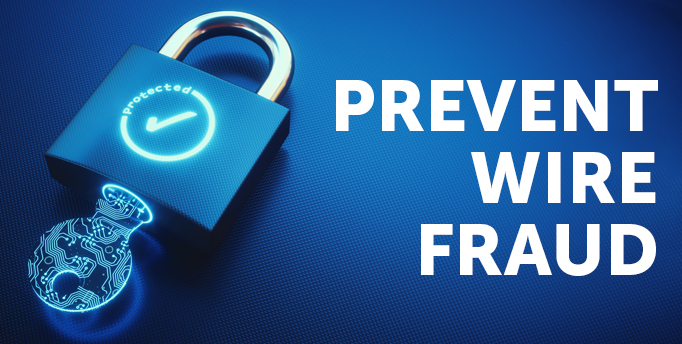"Yes, this is Tina Title from The Title Company. How may I help you?"
"This is Silas Seller - we are selling our property at 12345 Wishing Well Way. We've switched banks due to our relocation and we are going to need to have the proceeds from our sale wired into our new bank account. Can I give you the updated wiring instructions? Do you have any forms I need to sign?"
"Certainly! I can assist you with this. Let me pull your file. One moment, please."
It seemed like a reasonable and legitimate request. A seller calling the closing company and providing updated information. So, proceeds of $67,567 were wired into the new account. An account, which it turned out, did NOT actually belong to Silas Seller. That phone call? It was a phony.
Criminals and fraudsters are becoming bolder. They're finding workarounds to the security protocols, and all they need is a little information to derail real estate transactions and divert funds. Their attacks are not limited to email. Fraudsters have now advanced to "vishing". Vishing is a form of social engineering that takes phishing from emails to the telephone.
Unfortunately, this isn't a fictitious story. It's true. The Title Company did have a funds transfer agreement and the alleged "seller" did complete it, but with a criminal's account information.
The names and details in this story have been changed for privacy reasons, but it's important to know how wire fraud is evolving. We want everyone involved in real estate transactions to be aware and on alert at all times to avoid being fooled and scammed.
Settlement Agents: It may seem repetitive or inefficient, but take the time to verify calls and changes... every single time. As the steward of real estate transactions, you're entrusted with ensuring that all details are correct throughout the settlement process.
Buyers & Sellers: Please be patient during settlement and rest assured that security protocols are in place to protect you and your money. It's very rare that wiring instructions for the proceeds of a real estate transaction will change. If you receive notification regarding a change via email, text, fax or phone, stop and verify instructions before making any changes. Contact your attorney, real estate agent or title agent at a phone number you have used to contact them before (not a new number supplied in the notification) to verify any changes.
Knowing that cybercriminals and fraudsters are now attempting attacks via phone, all parties to a transaction should ensure they are using approved phone numbers on file. Confirm who you spoke to and approve the details of any change to wire instructions. Steps that may seem time consuming and repetitive could save funds from being diverted and stolen, and keep buyers and sellers from becoming victims.
When Wire Fraud Calls
